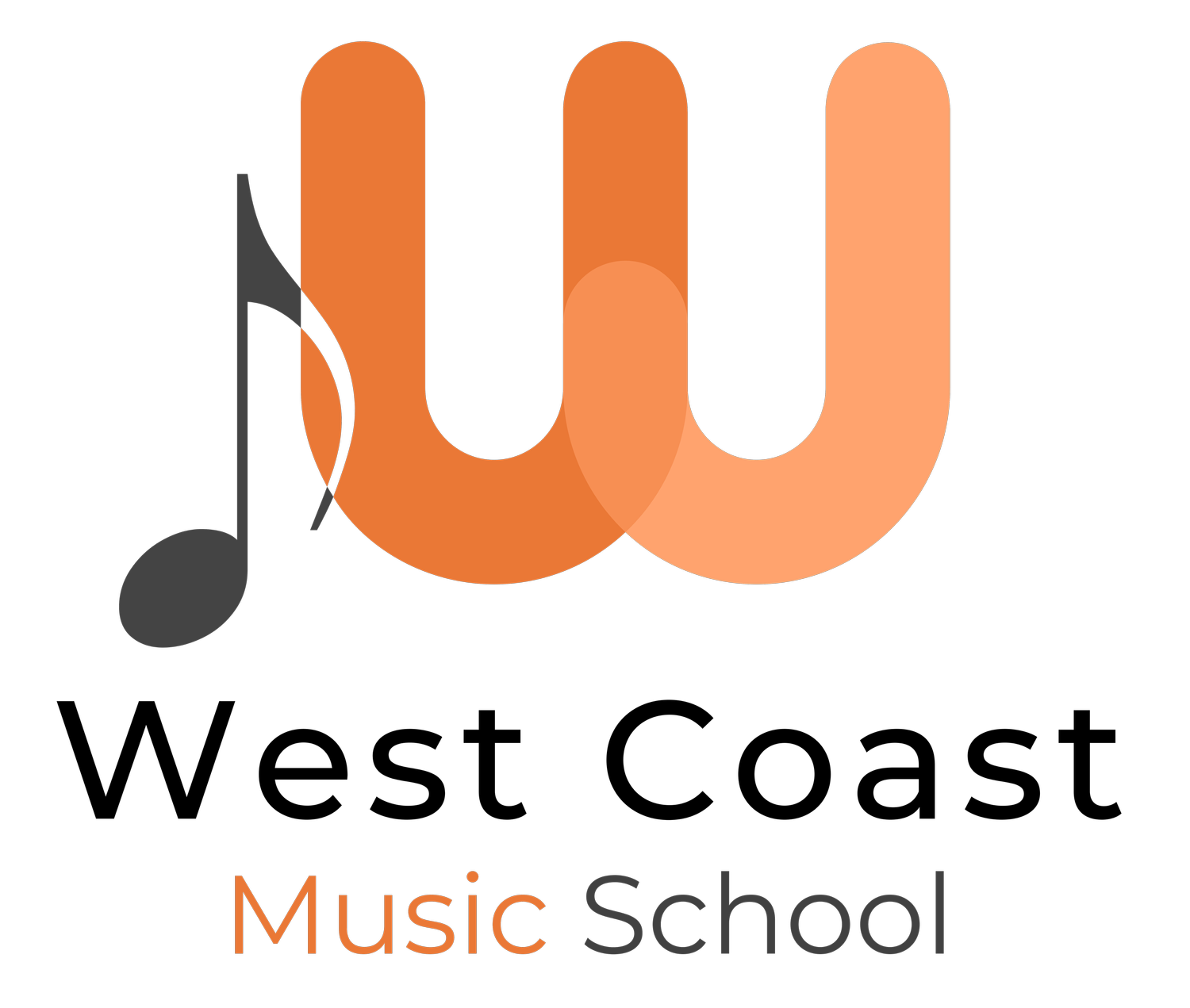Will NDIS Cover Music Lessons?
Embarking on a music journey can be a fulfilling experience for individuals with disabilities, and the prospect of having the National Disability Insurance Scheme (NDIS) cover music lessons adds an extra note of optimism. In this informative blog post, we'll explore the potential avenues for individuals seeking NDIS support for music lessons, emphasising the broader process and the significance of effective communication with case managers.
Understanding NDIS Support:
The NDIS is a vital support system designed to empower individuals with disabilities by providing reasonable and necessary assistance tailored to their unique needs and goals. While its primary focus is on essential supports like healthcare and housing, the NDIS framework acknowledges the diverse aspirations of participants, opening the door to unconventional supports such as music lessons.
The Power of Music for Individuals with Disabilities:
Music offers a range of therapeutic benefits, from enhancing cognitive abilities to fostering emotional well-being and social interaction. Engaging in music lessons can be a transformative experience, providing individuals with disabilities an avenue for self-expression and personal development.
Possibilities for NDIS Coverage:
The good news is that NDIS coverage for music lessons is a possibility, contingent on the alignment of these lessons with the participant's disability-related goals and needs. Demonstrating how music lessons can contribute to improved well-being and overall quality of life strengthens the case for NDIS support.
Steps to Navigate NDIS Coverage for Music Lessons:
Initiate a Conversation with Your Case Manager: Reach out to your NDIS case manager to discuss the possibility of including music lessons in your plan. Open communication is crucial to ensuring your needs and aspirations are understood.
Clearly Define Your Goals: Articulate how music lessons align with your disability-related goals. Whether it's improving cognitive function, enhancing motor skills, or promoting emotional well-being, clarity about your objectives strengthens the case for NDIS support.
Provide Information about Music Education: Have a chat with your case manager about the benefits of music education and its positive impact on individuals with disabilities. Share general insights rather than focusing on a specific music school or program.
Collaborate on Goal-Driven Plans: Work collaboratively with your case manager to develop a plan that encompasses the necessary supports to achieve your musical aspirations. Emphasise the role of music in fostering independence and community participation.
The journey to having NDIS cover music lessons is an individualised process rooted in effective communication and goal alignment. Music has the power to enrich the lives of individuals with disabilities, and by navigating the NDIS framework with clarity and purpose, you can explore the possibility of incorporating music lessons into your plan.
Remember, it's about your goals, your aspirations, and the positive impact that music can bring to your unique journey.

